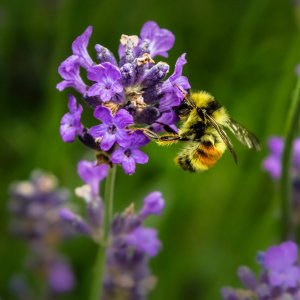
During the Semester on Ecosystem Restoration, NatureNature gathered knowledge, case-studies and information from experts in the field and analysed scientific studies and reports related to and connecting nature-based solutions with Ecosystem Restoration.
Environmental degradation has widespread negative effects not only to wildlife and biodiversity, but also to the well-being of people. According to a UNEP 2021 report, environmental degradation has contributed to a 10% loss of global economic output. Forest, wetlands, pollinator species and a host of other ecosystems, species and fauna are also under threat of loss and extinction. This makes ecosystem restoration that much more pressing for the environment and for human communities who make their livelihoods through ecosystem services, and this is where nature-based solutions can help support, protect and rehabilitate natural environments.
The activities of the semester on Ecosystem Restoration took place under the United Nations Decade on Ecosystem Restoration 2021-2030, a framework which gives priority to preventing, halting and reversing degradation of our planet’s ecosystems. As a part of the semester, NetworkNature held a call for ecosystem restoration case studies creating opportunities to develop local, regional and and international collaboration and scale up ecosystem restoration.
Created by semester expert Dr. Mario Balzan, Senior Lecturer at Malta College of Arts, Sciences & Technology (MCAST), the report on ecosystem restoration provides an overview of work carried out during the semester and identifies key messages which arose. These insights have led finally to recommendations for policy makers and practitioners in the field.
To access the final report, click here.
To learn more about the semester on Ecosystem Restoration, click here.
